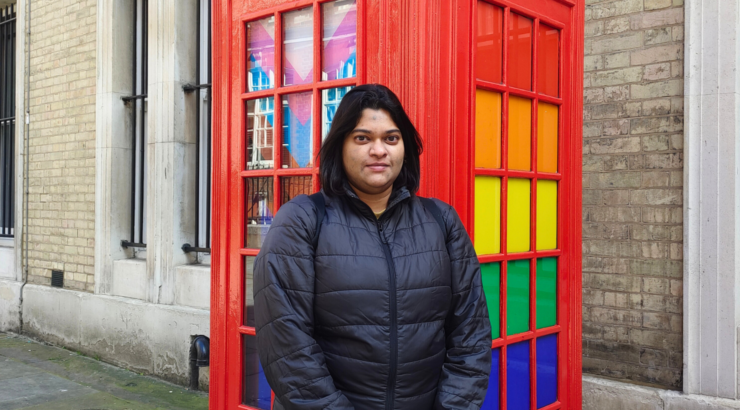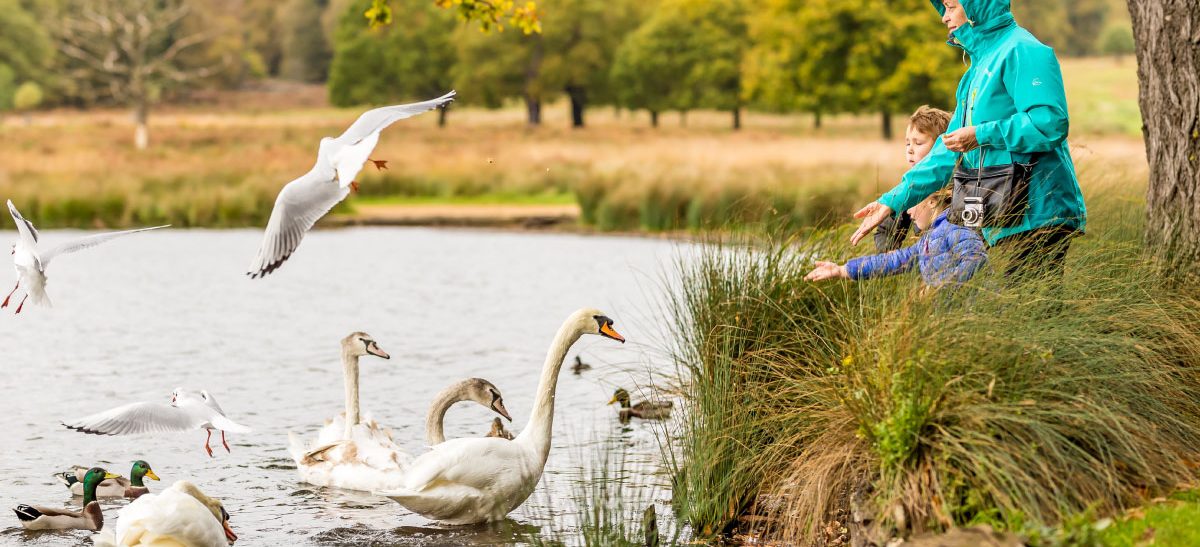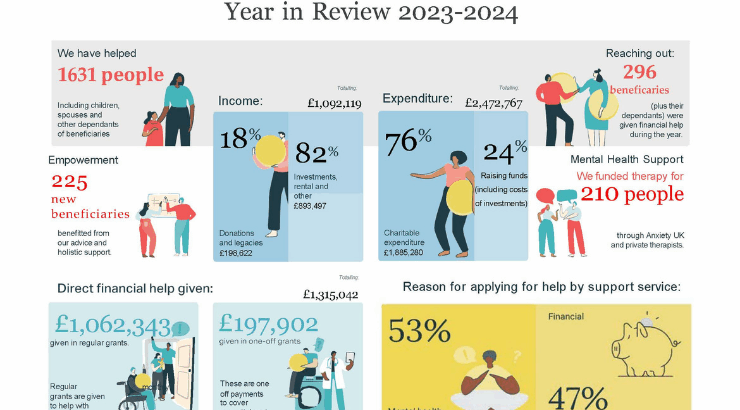It’s difficult to ignore the summer holidays, whether you have children or not, are employed, looking for work or retired.
Less busy commuting journeys and better weather are a couple of the things that we can all (hopefully) look forward to.
There are, however, particular pressures facing households with children and these are not just financial ones, such as the need to provide meals during the day and the cost of childcare. Boredom, increased stress and friction and the pressure to “go away” on expensive holidays abroad are often issues faced by parents. Thinking about these pressures, our own experiences during the global pandemic can perhaps give us food for thought and offer some possibilities for making the best of what’s available locally.
A great low cost summer break
Here are some ideas, resources and inspiration aimed at everyone (but especially those with children) wanting to enjoy the summer break.
The great outdoors:
You don’t have to live in a rural area to enjoy being outdoors. There are many urban parks and gardens in the UK which can be accessed for free for exercise and recreation, contemplation and meditation or general appreciation of open spaces and wildlife.
Explore: A map app on your mobile phone or computer is a good place to start to check what’s in your area. The Ordnance Survey has great free online resources, including free maps showing green spaces, foot paths and cycle routes. See osmaps.com.
Wildlife Trusts: If you’re interested in wildlife and conservation, The Wildlife Trust’s search on their website can help you find reserves near you www.wildlifetrusts.org/visit, including accessible ones.
Activities:
We’ve all experienced the sharp rise in the cost of living. Unfortunately, this includes paid-for activities for children but there are discounts and savings available:
Kids Pass is currently available as a 30 day trial for £1 and this membership provides significant discounts on activities such as cinemas, museums and meals out. Visit kidspass.co.uk/indoor-things-to-do
Visit England offers suggestions, by local area for a wide range of activities to combat boredom. Visit visitengland.com/things-to-do
Local newspapers could offer free and discounted summer activities. Keep an eye out for these.
It can be embarrassing asking for discounts, but it’s always worth reading the small print and checking whether there are any offers. Everyone likes a bargain and you certainly won’t be the only person seeing if they can save a bit of money.
 Local libraries are also a good source of information, as well as providing access to books for rainy days indoors. Joining is free and there are often separate, fun places for children to sit and read…..and quiet areas for adults too.
Local libraries are also a good source of information, as well as providing access to books for rainy days indoors. Joining is free and there are often separate, fun places for children to sit and read…..and quiet areas for adults too.
Sign up for the national summer reading challenge: summerreadingchallenge.org.uk
Local Councils and holiday activities and food (HAF)
Finally, it’s worthwhile checking what’s provided by your local Council on their website, such as holiday play schemes, after-school clubs and activities.
The Holiday Activity and Food (HAF) programme is funded by the Department of Education, usually for those in reception to year 11 who receive benefits-related free school meals. This year is the first time the entitlement to free activities has been extended from just those accessing free school meals to ‘those affected by the cost of living’, which will apply to all families! Many activities are indoors (in recognition of our unpredictable summers) and at least one meal is included. Check your local council website, searching HAF to book onto sessions. They’re booking up fast, but most councils are adding to them constantly.
Blue Peter badges give you free entry to lots of places!

At home:
“I’m bored” is a refrain that parents often become used to in the school holidays, with no structure or arranged activities. Many children are happy to just play either on their own or with friends and siblings. However, sometime, they’re not and especially when there is limited indoor or indeed outdoor safe space to play. Here are a few suggestions:
Cooking – most children can be lured away from a screen with the promise of cleaning a bowl of cake mixture. Homemade food often works out less expensive than readymade alternatives and can be fun. Flapjacks are a tasty, simple and cheap option. Here’s a link to a recipe: everydaycooks.co.uk/flapjack
Games – from old fashioned ones such as hide and seek, to free online games. The BBC has games for all ages. Visit bbc.co.uk/cbbc/games. There are also numerous games on other sites, just make sure children stay safe online. You can download and print (or copy by hand) some pre-made treasure hunt sheets here.
 Colouring books and paper and pencils/pencils are also good to leave around as sometimes children are happy to entertain themselves.
Colouring books and paper and pencils/pencils are also good to leave around as sometimes children are happy to entertain themselves.
Grow something – seeds from fruit and veg, a bit of compost and some pots is all you need to get started. Seeing something grow and feeling that you have been part of that process is rewarding. Cress is a good option or sprouting carrot tops is fun! gardeningknowhow.com/special/children/grow-carrot-tops.htm
Essentials:
Everyone with children will understand the financial and emotional pressure of feeding and caring for them in the school holidays. It’s worth checking your local Council website to see what is available in terms of holiday support with these needs. Apps such as Olio or Too Good To Go, where people and businesses give away food that will not get eaten. Government support with childcare costs is complicated and variable, but it’s worth checking, especially is you are not claiming Universal credit or tax credits as you can apply for Tax -free Childcare, providing you with an extra 20% towards childcare-costs. A breakdown of the various schemes is available here: moneysavingexpert.com/family/childcare-costs/






